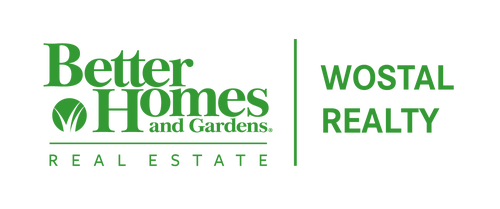As we go into the New Year, many of us may have resolutions we are making. For some, it may be getting back in the gym, spending more time with family, losing that last 2o pounds, or quitting a bad habit. Or, maybe you are wanting to invest in your financial future. One way you can invest in your financial future is to purchase real estate.
Whether it’s your first home, a home you’d like to flip and sell or a rental property, 2024 can be the year you invest in your financial future. There may be some that disagree with this, saying that the market is not right for buying at this time. But when is the right time? In my opinion, the best answer is when you can afford it. These are a few things that you can use to decide whether you can afford to make the move and the costs associated.
1. FINANCIAL CHECK UP
So how do you know when you can afford to buy real estate? Where do you start? First, you need to do a financial check up. You wouldn’t neglect your physical health, so why neglect your financial health? Charles Schwab’s financial quiz is a good place to start. Once you know where you are, then you can start planning your purchase!
2. FIND A LENDER
If you are not planning on purchasing a home cash, you will need to obtain a home loan. Most realtors will be able to direct you to a local lender. A local lender is familiar with the local market, is more accessible, has more connections and relationships with other local lenders and has a better understanding of local regulations. It’s always a good idea to speak with a lender before going shopping for a home and get an idea of what you can afford.
3. DOWNPAYMENT
Depending on the type of loan you have, you may be required to make a down payment. A down payment is the initial, upfront payment you make on your home. According to Forbes, the nationwide average down payment on a home in 2023 was 14.4%. However, if you are a first time home buyer you may qualify for loan programs that have little to no down payment requirements. There are also different requirements on down payments for investment properties and land. The best thing you can do is to speak with your lender about the products they offer and get a cost estimate based on each loan type.
4. INSPECTION COSTS
According to Home Advisor, a home inspection can cost anywhere from $281 to $403, with the average cost around $342. Be advised though that costs can vary due to the area you live, the size of the home and the inspector. Also, depending on the type of loan you have, the lender may require you to have other inspections, such as a termite inspection or a well inspection performed. This cost will be paid up front and is not typically added to your loan.
5. CLOSING COSTS
Closing costs are fees you pay to service and finalize your mortgage. They can vary from lender to lender, but typically they are between 2% and 6% of the loan amount. That means if you have a $200,000 loan your closing costs could range from $4,000 to $12,000. The best thing to do is pay these costs up front with cash, instead of financing them. And most buyers agents will negotiate to get this paid in part or full by the seller for their clients.
6. MOVING COSTS
Depending on the size of home or apartment you currently live in, the amount of stuff you have and how far you are moving, the costs can vary greatly. In my opinion, it’s best to get quotes from different movers before deciding on one. And don’t forget to factor in moving boxes and tape as well! Facebook can be a good resource for free moving boxes, if you want to save money (or a tree).
TAKE AWAY….
Whether it’s your first home, or your next rental property, you owe it to yourself to invest in your financial future. Let 2024 be the year you start something good!


 Facebook
Facebook
 X
X
 Pinterest
Pinterest
 Copy Link
Copy Link


